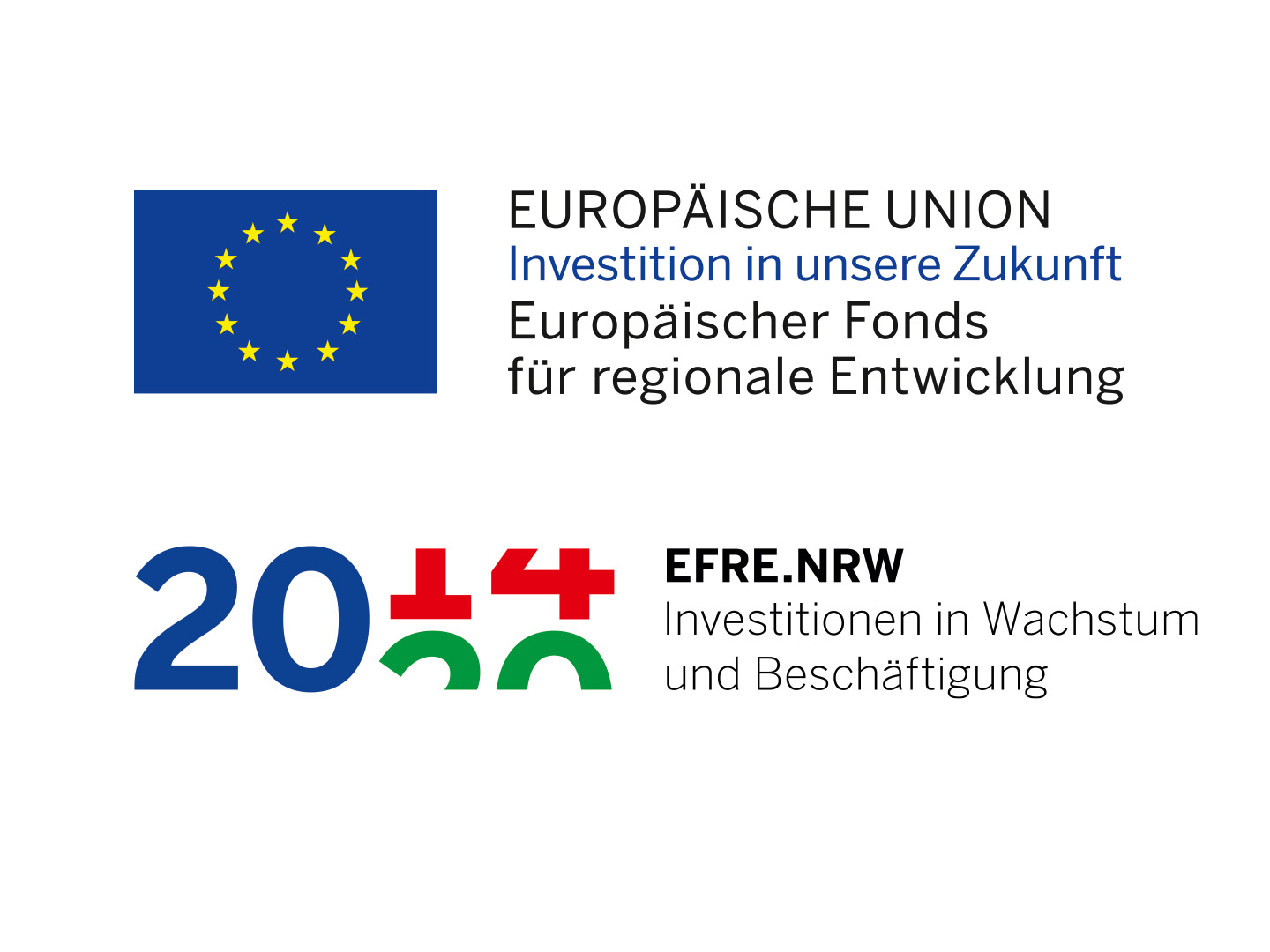In order to reduce emissions of climate-damaging gases such as CO2, the use of biomass for material and energy purposes will in future make an important contribution to meeting the global demand. For the production of solid or liquid energy sources, dry biomass has been used primarily to date. The use of wet and/or lignocellulosic biomass is less common, as the high water content results in a low calorific value and makes storage and, above all, transport costly. In addition, inhomogeneity, ash content and poor processability make it difficult to use. The quantities produced worldwide are enormous; the spectrum ranges from grass and green cuttings, harvest residues, processing residues from agricultural and forestry production to biowaste from private households.
The Fraunhofer Innovation Cluster “Bioenergy“ has pooled the expertise of industry and science to develop new concepts for the use of wet biomass. The focus was on the optimisation potential for collection, transport, storage and conversion. On the basis of the results, a novel range of biogenic intermediate products for material and energy recovery will be made available in the future.
Project phase
After the research-oriented development of the technologies up to the product or process sample, the implementation in industrial practice followed. The work concentrated on locally/regionally produced biogenic residues from agricultural and food production as well as stalk-like biomass. With the novel technical processes, these can be converted decentrally into carbon-rich intermediate products for the supply of raw materials and energy.
A large part of the development work took place in the biomass pilot plant of Fraunhofer UMSICHT in Oberhausen. The equipment includes a laboratory and pilot plant for pyrolysis, units for drying and packaging of biomass, test plants for fractionation of pressed juices and a laboratory unit for hydrothermal carbonization (HTC).
 Fraunhofer Institute for Environmental, Safety and Energy Technology UMSICHT
Fraunhofer Institute for Environmental, Safety and Energy Technology UMSICHT